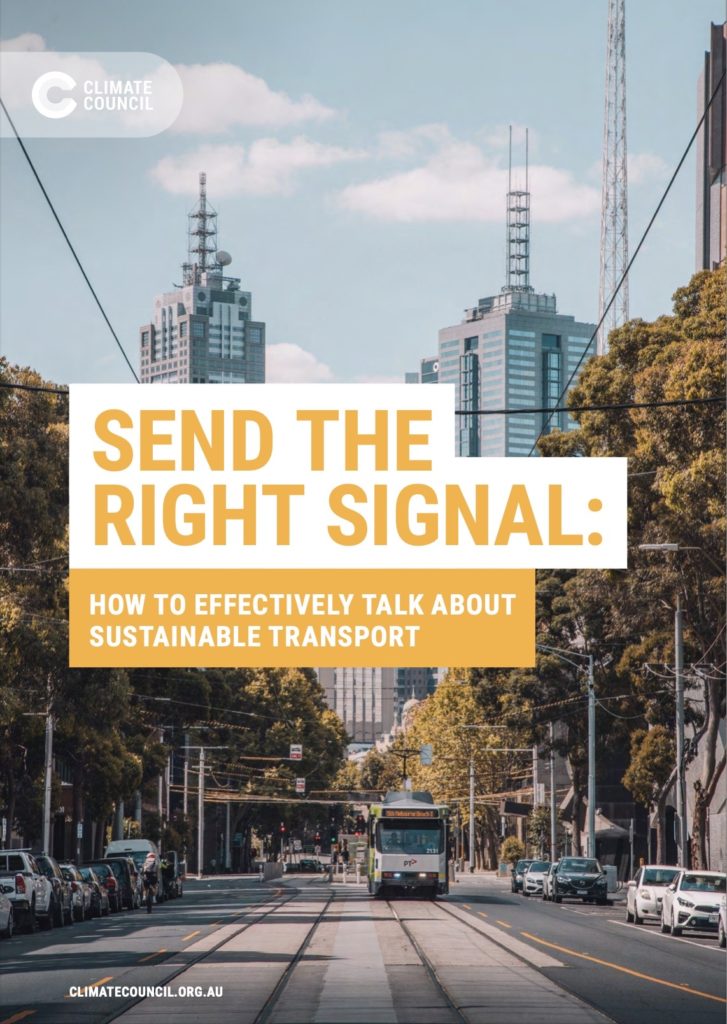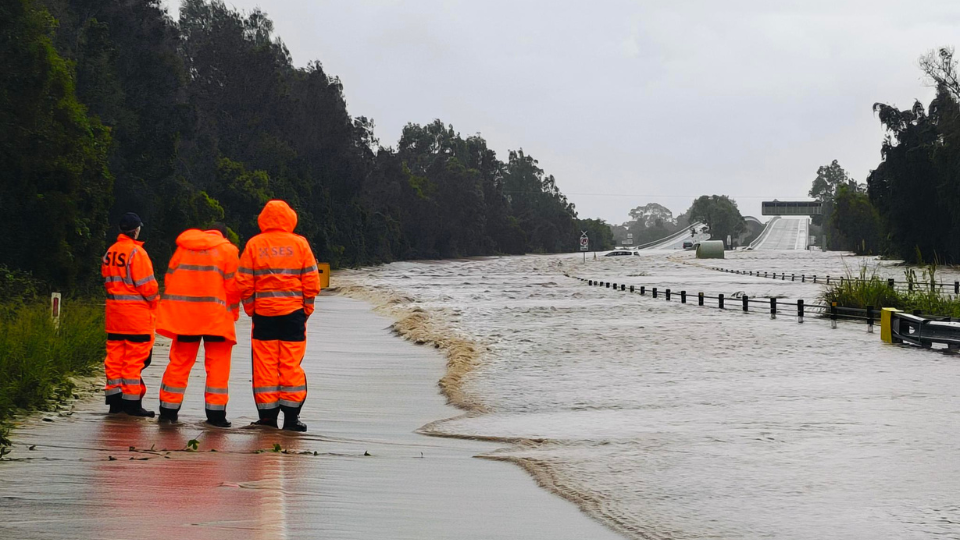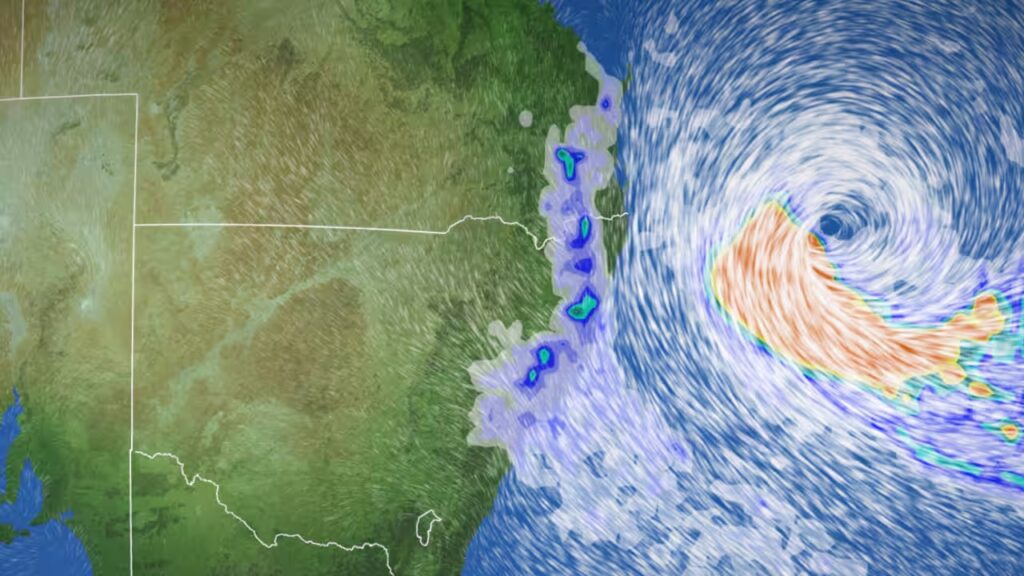Everyone deserves to move around in ways that nurture our health, climate and hip pockets. Our governments’ lack of investment in public transport, bike lanes and footpaths means that transport is one of the fastest-growing source of emissions in Australia and the third-highest source of greenhouse gases. Any way you look at it, our car centric system is a major contributor to climate change. Right now, we’re trailing well behind the rest of the world when it comes to decarbonising transport, with Australia ranked below the global pack. Australia’s per capita transport emissions are 45% higher than our peers.
One of the most important actions you can take for the climate is just to have a conversation about it! Many people want to know more or have questions, but don’t know how to bring it up or are afraid of looking silly. We know that sometimes it can be hard to know where to start. That’s why we’ve put together this resource on how to have a conversation about sustainable transport.

This guide will:
- Inform you of the best ways to communicate policies and projects to ensure they are desired and welcomed by the public.
- Teach you how to socialise the many benefits that higher government investment in active (walking, bike-riding or rolling) and public transport will bring.
- Provide valuable insights into public perceptions and appetite for government investment in public transport, walking, rolling (for people using wheelchairs) and bike-riding depending on the frames and messages used.
- Explain what Australians want their governments to invest in and why.
Download the communications guide
This communications guide has evidence-based advice for advocates of sustainable transport solutions (including community advocates, elected representatives, and government staffers). It is informed by the latest Australian research commissioned by the Climate Council, including qualitative research undertaken by MMResearch and quantitative research undertaken by YouGov in 2022. Our recommendations reflect how the Climate Council approaches best- practice climate communications: values led, people first and solutions focused.










